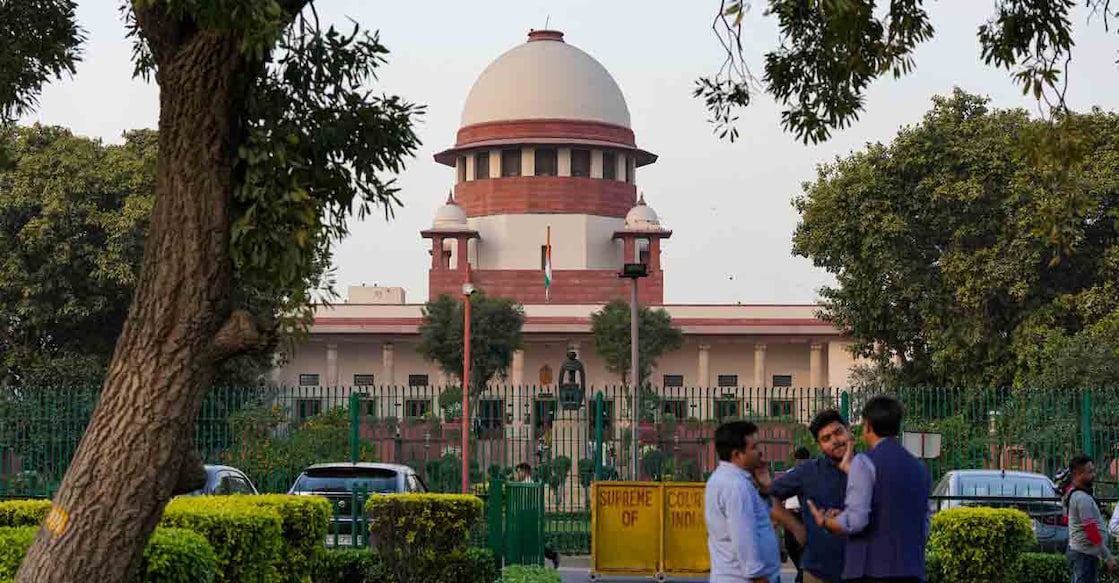SC stays Allahabad HC order declaring UP Madarsa Education Act 'unconstitutional'

Mail This Article
New Delhi: The Supreme Court on Friday put on hold the Allahabad High Court’s order that effectively banned Islamic schools in Uttar Pradesh. The high court in its order earlier declared the UP Board of Madarsa Education Act ‘unconstitutional’.
The directive comes days before the country begins voting in the Lok Sabha elections 2024 where Prime Minister Narendra Modi and his Hindu nationalist Bharatiya Janata Party (BJP) seek a third term.
The top court was responding to a challenge to the March 22 order of the Allahabad High Court which scrapped a 2004 law governing the schools, called madarsas, in Uttar Pradesh, where one-fifth of the 24 crore population belong to the Muslim category. According to the High Court, the UP Board of Madarsa Education Act violated constitutional secularism and directed children at these institutions to be moved to conventional schools.
"We view that the issues raised in the petitions merit closer reflection," the Supreme Court said on Friday. The matter will now be heard in July after concluding the general elections, and "everything will remain stayed" until then, lawyers said.
Iftikhar Ahmed Javed, head of the board of madrasa education in Uttar Pradesh state, welcomed the court's order, terming it a "big win"."We were really worried regarding the future of about 16 lakh students and now this order has come as a big relief for all of us," he said.
In the ten years of Narendra Modi’s tenure, members of his BJP and its affiliates have repeatedly been accused of anti-Islamic hate speech and vigilantism. However, PM Modi has denied that discrimination against minorities exists under his government, which he says is working for the betterment of all.
(With Reuters, LiveLaw inputs)

